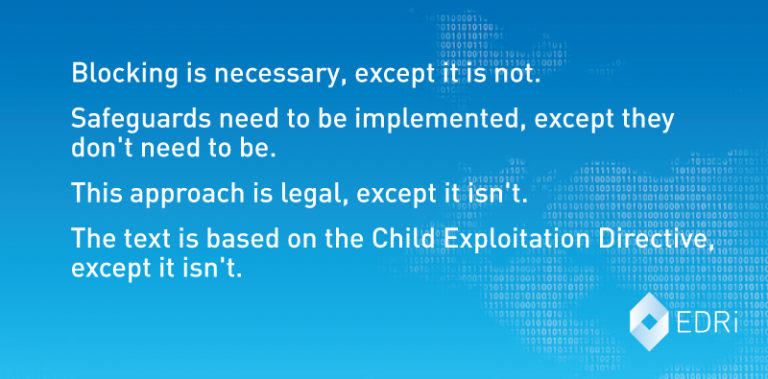Blockchain technology has gained interest far outside the Bitcoin society. Today e.g. banks, financial institutions and keepers of public records show an active interest – as the technology builds on an underlying ledger that cannot be manipulated.
Meanwhile in the Blockchain community people have developed several virtual currencies. One of them is Ethereum. Wikipedia explains…
“Ethereum is a public blockchain platform with programmable transaction functionality. It provides a decentralized virtual machine that can execute peer-to-peer contracts using a cryptocurrency called Ether.”
And out of the Etherum project came concepts like DAO, standing for Distributed / Decentralized autonomous organization. Back to Wikipedia…
The DAO is a digital decentralized autonomous organization and a form of investor-directed venture capital fund.
The DAO has an objective to provide a new decentralized business model for organizing both commercial and non-profit enterprises. It has been instantiated on the Ethereum blockchain, and has no conventional management structure or board of directors. The code of the DAO is open-source.
The DAO is stateless, and is not tied to any particular nation state. As a result, many questions of how government regulators will deal with a stateless fund have not yet been dealt with.
The DAO was crowdfunded via a token sale in May 2016. It set the record for the largest crowdfunding campaign in history.
Brilliant, really. And extremely interesting.
Then came the “Sorry Dave, I cannot do that” moment. Wikipedia…
In June 2016, it was revealed that hackers had exploited a vulnerability in the DAO code to enable them to siphon off perhaps as much as $50million in funds from the DAO. Stephen Tual, COO of Slock.it, the company that had worked on the development of the DAO, announced that they were working with the Ethereum Foundation to modify the underlying protocol to freeze the accounts of the hackers, and also said that the DAO would be wound up as a result.
Some say the DAO was hacked. Others claim the money was stolen. But apparently someone just seems to have taken advantage of the rules inscribed in the code, initiating a fork.
Now, it becomes very technical. If you are interested in the details, I suggest you read this piece by Bloomberg View columnist Matt Levine: Blockchain Company’s Smart Contracts Were Dumb »
It will be interesting to see what happens now – if The Dao irreversible code is to be confronted with some relevant jurisdiction’s law, in court. Or if there will be a rollback, a back-dated hard fork in the ledger.
Blockchain technology is still very young and there is a lot of learning by doing. And learning the hard way.
If you inscribe functions to code that cannot be changed there are both great opportunities and risks. You need to be proactive, to foresee future problems and developments – and to refrain from functions that can be misused.
Smart contracts cannot save stupid people.
Let’s hope that people have learned from this experience for the future. Blockchain is still a great, smart concept. Ethereum is still very interesting. And, in a wider perspective, DAO is a brilliant idea. I hope it will not be derailed by this temporary bump in the road.
It’s all in the code, stupid.
/ HAX
Updates: Wired » | IBT »
